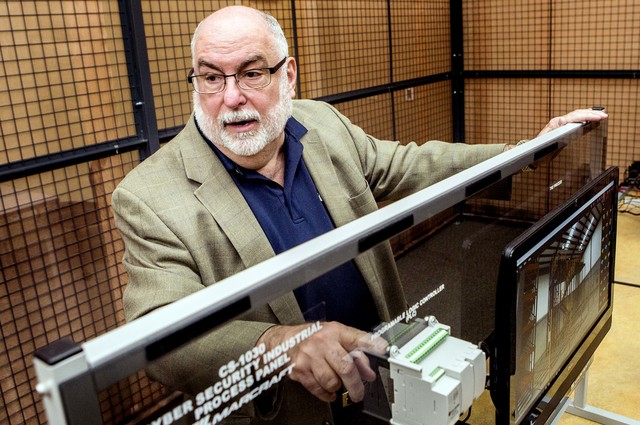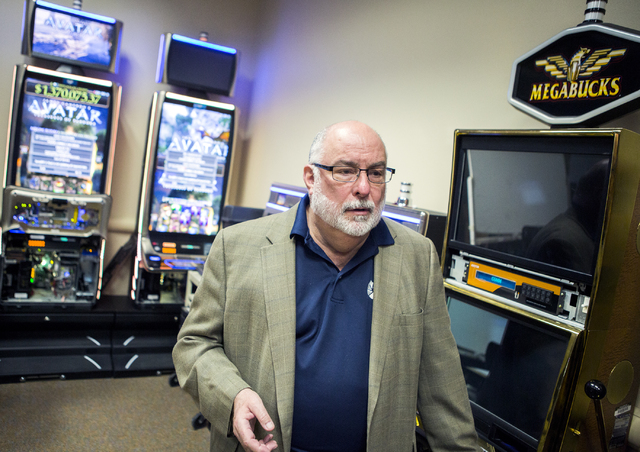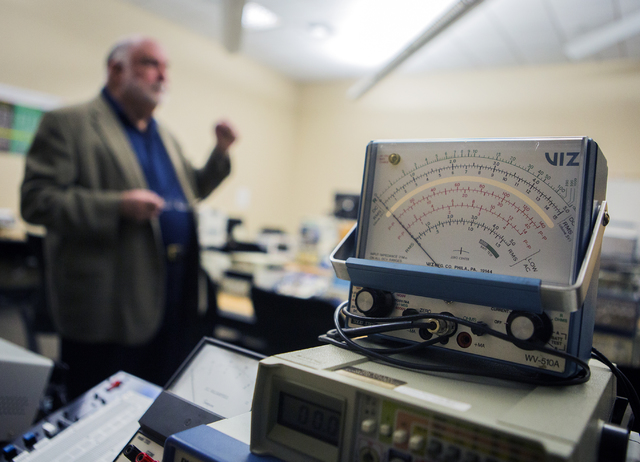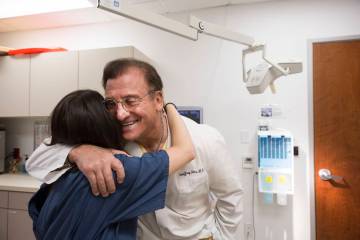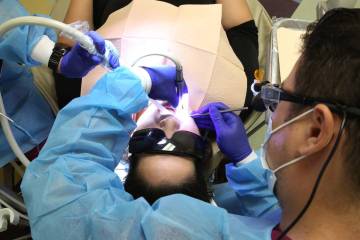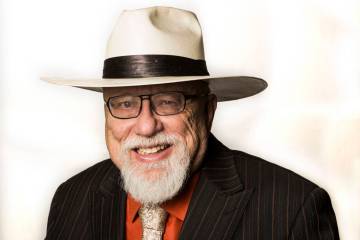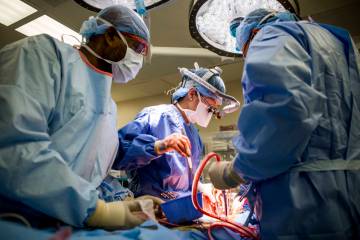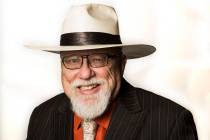In an automated world, unemployment anything but automatic
There are scenes in the film “Hidden Figures” that angry white men should take to heart.
Currently showing nationwide, the film tells the story of African-American women who helped win the space race. Octavia Spencer stars as Dorothy Vaughan.
Actually, people of any ethnic persuasion could benefit from seeing how Vaughan reacted when technology was about to change her life.
But the parallel is hard to ignore with white working-class men credited with providing the core of President Donald Trump’s support. They’re angry in large part because jobs in manufacturing and mining are diminishing, leaving many out of work and struggling to make their next move.
Vaughan was among the black women working as part of NASA’s team of human “computers.”
Freeing engineers of hand calculations in the years before the digital age, the computers were mostly women who calculated by hand complex equations allowing space heroes like Alan Shepard and John Glenn to travel safely to space.
While the film focuses more on actress Taraji Henson’s rendition of Katherine Johnson — she was so brilliant Glenn wouldn’t blast off until he received her calculations — what Vaughan did 50 years ago shows Americans today how best to deal with technological advances that might well eliminate some jobs.
When an IBM mainframe computer was delivered to the Virginia facility where NASA was headquartered, Vaughan knew the days of human computers handling complex equations were numbered. So on her own time she became proficient in computer programming, teaching it to human computers as well.
Not only did she keep a job for herself and other women, she became part of management.
According to Michael Spangler, dean of the School of Advanced &Applied Technologies at the College of Southern Nevada, doing what Vaughan did — taking the initiative to “train up or retrain” when it’s apparent automation is on the way — can not only save the hardship and heartache that comes with unemployment, it also can often mean a bigger paycheck.
After the Review-Journal ran a story on a robot handling the concierge’s position at The Cosmopolitan, Spangler agreed with me that hospitality employees shouldn’t think their jobs are immune from automation.
He said CSN’s several high-tech programs, which include cybersecurity, air conditioning/refrigeration technology, telecommunications, electronics and slot machine maintenance, are often used in retraining.
Spangler, who noted there is plenty of room for more students, said the jobs awaiting people who complete the two-year programs pay at least $55,000 a year.
Though President Donald Trump’s criticism of Mexico and China for stealing jobs from the United States helped him gain the White House, Spangler pointed out automation has had far more to do with the loss of factory and other unskilled jobs. A 2015 Ball State University study found 88 percent of lost factory jobs were basically taken by robots.
General Motors had more than 600,000 unskilled factory employees in the 1970s. With robots, GM now turns out more cars and trucks with just 200,000 employees.
“Those jobs aren’t coming back,” Spangler said. But there are many openings in manufacturing for those who know how to, say, troubleshoot automated assembly lines.
A report called “The Skills Gap in U.S. Manufacturing 2015 and Beyond” projects 2 million manufacturing jobs will go unfilled in the next decade because workers don’t have the skills necessary to keep automated factories humming.
Why aren’t people who could be automated out of unskilled jobs retraining at community colleges and career centers across the nation?
Spangler said some fear failure, yet he said high school grads can pass the CSN programs.
Some experts believe manufacturers aren’t investing in, or providing enough, apprentice training programs.
And then there are those who don’t want change.
Education Week reported last year: “Rust Belt Workers Don’t Want to hear About Education and Retraining.”
In short, they want their old jobs back, which Trump has promised.
If President Trump isn’t able to make good on his promise, unemployed angry white men shouldn’t be angry at him or anybody else.
Their anger should be directed at the man in the mirror.
Paul Harasim’s column runs Sunday, Tuesday and Friday in the Nevada section and Monday in the Health section. Contact him at pharasim@reviewjournal.com or 702-387-5273. Follow @paulharasim on Twitter.



